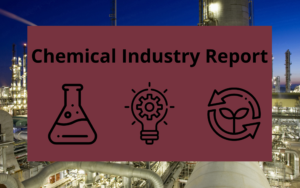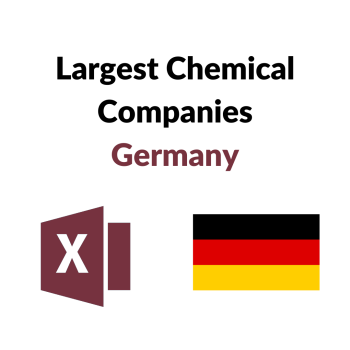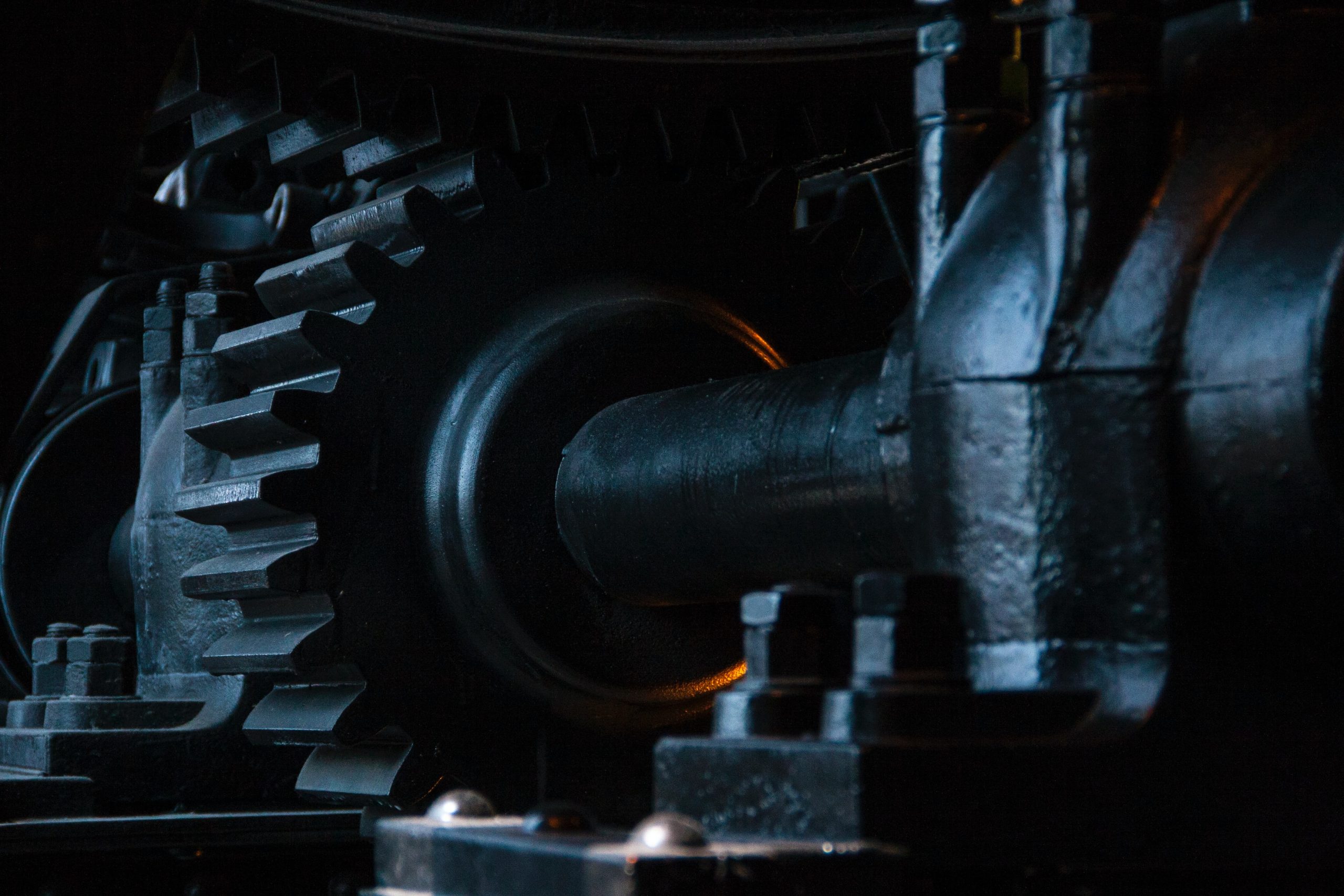If you find out about the future of chemistry, sooner or later the buzzword “Chemistry 4.0” comes up – but what does that mean in concrete terms? First of all: the pharmaceutical-chemical industry is the largest upstream producer in Germany, the industry is both one of the most important economic factors and essential for the labor market. This is another reason why the industry is an important driver of innovation and growth. Through the transition from Chemistry 3.0 – where the phase of globalization and specialization began – to Chemistry 4.0, at the core of which is digitalization, the circular economy and also sustainability, the industry is taking an important step towards being able to keep up in the international market. This article is based on the unique Top 700 Chemical Companies Germany – List of the largest chemical companies.
-
Rated 5.00 out of 5€349,99 Incl. VAT
- Excel list of the 600 largest German chemical companies for download
- Including: sales (since 2015), number of employees, e-mail, address, telephone number, management, etc
- Detailed information on industry (specialty chemicals, pharmaceuticals, paints and coatings, construction chemicals, etc.)
- Download valid at any time, free updates within one year after purchase, free preview file available
- Last update: 07.08.2020
Digitization – Data & Simulations
Data plays a key role in the digitalization of every industry, including the chemical industry. The collection, analysis and evaluation of mass data are also revolutionizing the chemical industry: opportunities to increase efficiency can be identified in processes, just as processes are becoming increasingly automated. Simulations are also playing an increasingly important role: new technologies are available in in-silico research, and synthesis processes can also be simulated.
Marketplaces and cloud platforms as growth drivers
One example of digitalization as a business core is CheMondis – the Cologne-based startup offers a marketplace for the sale and purchase of chemical raw materials, allowing transactions to be processed more transparently and efficiently. Another exciting startup is Kemialytics from Berlin. Kemialytics has created a platform specifically tailored for analytical chemistry, which offers the possibility to develop, store, manage and, above all, collaborate (analytical) methods: thus, analytical information can also be exchanged between different laboratories.
Image source: Unsplash
 This article is based partly on our list of the 600 largest chemical companies in Germany and partly on our Chemical Industry Report. In our industry report of the German chemical sector you will find detailed information on areas of activity, an overview of the locations and clusters of the chemical industry, key financial figures as well as insights into the gender distribution and sustainability efforts of the industry.
This article is based partly on our list of the 600 largest chemical companies in Germany and partly on our Chemical Industry Report. In our industry report of the German chemical sector you will find detailed information on areas of activity, an overview of the locations and clusters of the chemical industry, key financial figures as well as insights into the gender distribution and sustainability efforts of the industry.




